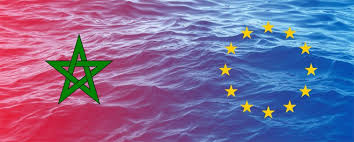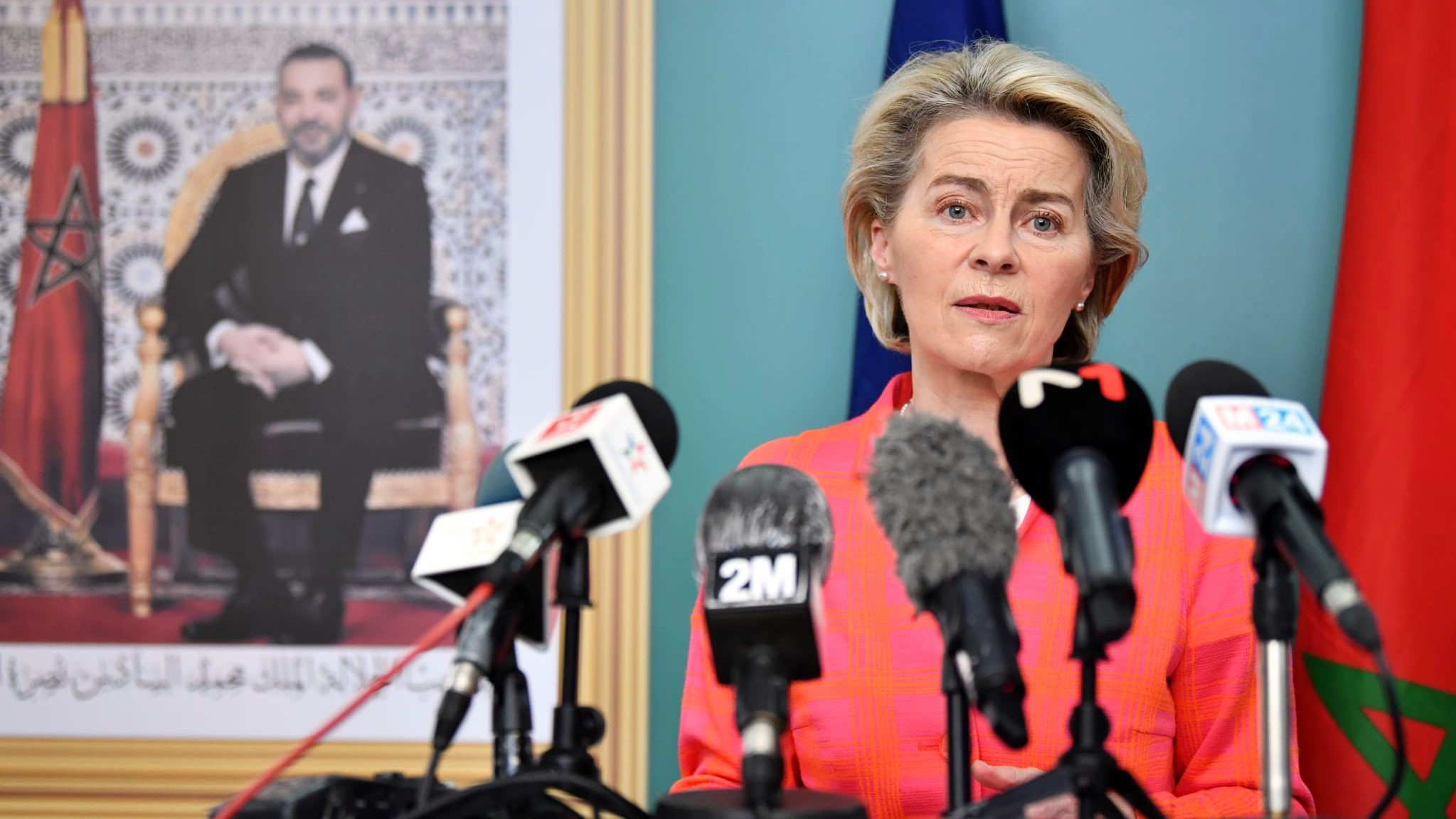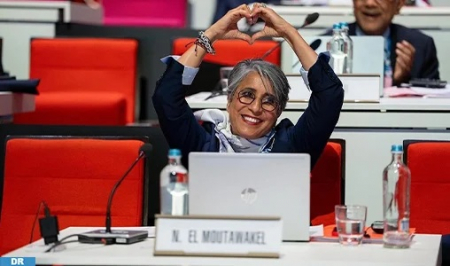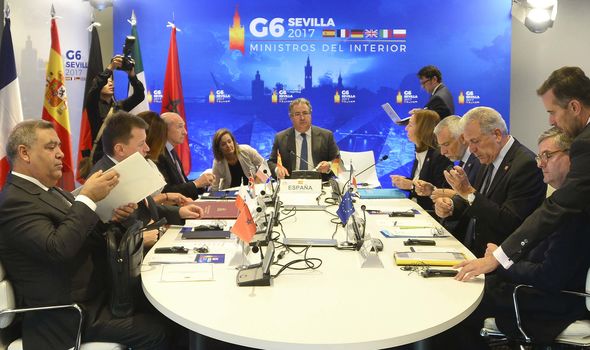 Just few days after Morocco hosted the intergovernmental conference that adopted the Marrakech Pact, the ground-breaking UN-led global agreement on migration, the European Union has renewed its support for Morocco’s migration-related policy and efforts.
Just few days after Morocco hosted the intergovernmental conference that adopted the Marrakech Pact, the ground-breaking UN-led global agreement on migration, the European Union has renewed its support for Morocco’s migration-related policy and efforts.
The EU said in a statement that it is intensifying its support to Morocco to address irregular migration in response to increased migratory pressure along the Western Mediterranean Route, noting that shared challenges require joint solutions and partnerships, and that the EU stands by Morocco.
“The additional funding adopted under the EU emergency Trust Fund for Africa will bring the overall migration-related assistance to Morocco to €148 million in 2018,” the statement, made public Friday by the European commission, said, adding the funds “will help step up the fight against migrant smuggling and trafficking of human beings, including through reinforced integrated border management.”
The new funding is part of the EU’s continuous support for Morocco’s National Strategy on Migration and Asylum. It helps protect vulnerable migrants, step up the fight against migrant smuggling and trafficking of human beings, while improving Moroccan authorities’ capacity to manage their borders. By the end of the year, the EU will have committed €148 million to Morocco in migration-related assistance, the statement added.
Morocco will benefit from €30 million, part of the program to support border management in the Maghreb region under the EU Emergency Trust Fund for Africa adopted in July 2018. This amount helps Moroccan border agencies and related bodies to protect vulnerable migrants, address irregular migration, and dismantle cross-border criminal networks, the statement explained.
A newly adopted program worth €70 million will support Morocco in the fight against migrant smuggling and trafficking of human beings, including through a reinforced management of borders.
To help Morocco develop its border management system, the operational committee of the EU Emergency Trust Fund for Africa adopted another support program worth €40 million together with an additional €8 million program to further strengthen migration governance policies at regional level.
EU Commissioner for European Neighborhood Policy and Enlargement Negotiations, Johannes Hahn, commented: “Together with our Member States, the EU is stepping up its support to Morocco, a key partner for the European Union. The EU and Morocco need to tackle the current challenges together; together we can fight smugglers, save lives, and support people in need.”
But, he added, “our cooperation goes far beyond migration: we are working to strengthen our partnership via socio-economic development, decentralization and integration of the youth – to the benefit of the people in Morocco and in Europe”.
Commissioner for Migration, Home Affairs and Citizenship Dimitris Avramopoulos on his part said:”Morocco is under particular migratory pressure with flows along the Western Mediterranean increasing. This is why we are intensifying and deepening our partnership with Morocco and increasing our financial support.”
He said this funding will help to strengthen border management and the fight against smugglers together but also to improve the protection of migrants and to help prevent irregular departures by supporting economic development in the region. Shared challenges require joint solutions and partnerships, and the EU stands by Morocco.”
As part of the Brussels-Rabat strategic collaboration on a host of issues, the EU has also boosted its support for inclusive development through the recent adoption of a €182 million package.
Out of this amount, €50 million are earmarked for supporting Morocco’s “advanced regionalization” process and the national strategy for the development of rural/mountain areas, while youth integration projects get €35 million.
The EU is also helping with €62 million Morocco’s efforts to improve good governance and public finance management, the efficiency, effectiveness and quality of the public administration through modern public finance management tools and capacity building of its personnel.
Out of this package, €30 million go to supporting private sector, green investment and micro, small and medium-sized enterprises development, to create new opportunities for job creation and sustainable development, while €5 million are earmarked for complementary activities to strengthen civil society and rule of law.


